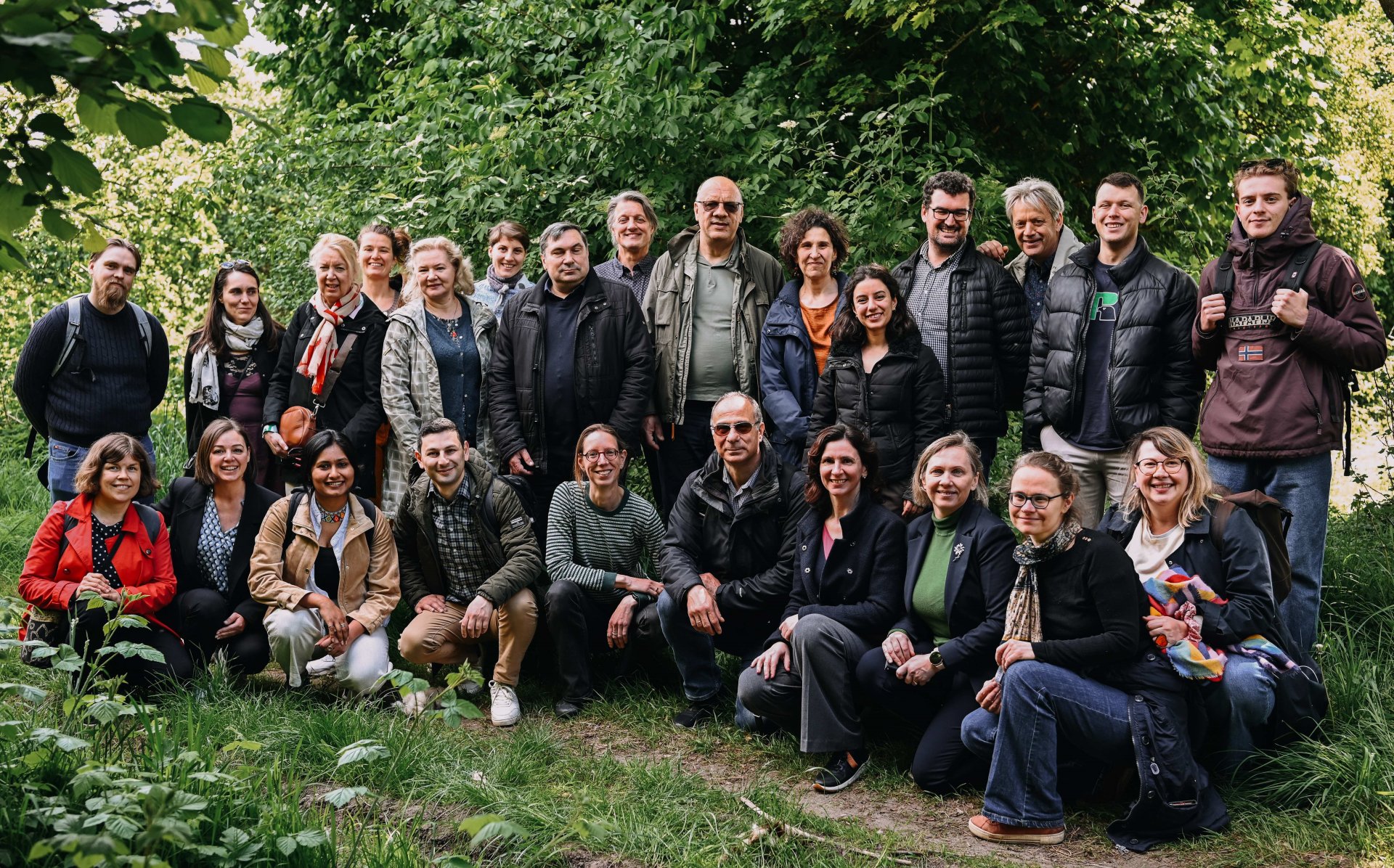ENABLS project partners gathered in Wageningen university to advance sustainable change through co-creation and living labs

On 7–8 May 2025, the third plenary meeting of the ENABLS project (Education and Nature-Based Solutions: enable society to bend the curve for biodiversity) took place at one of Europe’s greenest and most forward-thinking universities – Wageningen University & Research (WUR, the Netherlands). The event brought together project partners from all eleven participating countries, including representatives from universities, research institutes, consultancy organisations, and professional networks.
Wageningen University is globally recognised for its leadership in environmental protection, sustainable agriculture, food systems, and climate change research. It is also a pioneer in the practical implementation of nature-based solutions (NBS) and the living lab methodology, which fosters dialogue between science, policy, and society to co-create meaningful, real-world solutions. From urban gardens to experimental food forests, WUR offers outstanding examples of how sustainability can be implemented in practice.
We are pleased to share that Vytautas Magnus University was represented by experts from the Faculty of Forestry and Ecology, who are actively engaged in integrating nature-based solutions into both education systems and community-driven initiatives.
The two-day meeting featured a dynamic format, combining in-depth discussions with outdoor activities. The first day focused on the development of vocational education (TVET) modules, the integration of NBS into higher education curricula, and methods for assessing the project’s impact. Participants also exchanged experiences related to communication strategies, dissemination of results, and ensuring the long-term sustainability of project outcomes.
The second day was dedicated to hands-on sessions exploring the application of living labs in different contexts. Project partners and coaches shared their approaches to strengthening community involvement, fostering a culture of reflection, and tracking progress. A variety of practical tools were presented, including participant reflection journals, observation templates, and co-creation session records. The day concluded with an inspiring visit to the Wageningen Food Forest, where participants engaged in field-based learning and reflective dialogue.
The plenary meeting reaffirmed the importance of the ENABLS project not only as a platform for sharing theoretical knowledge but as a driver of real, tangible change. Through partnerships between academic institutions and communities, and through collaborative learning in real-life environments, the living lab methodology is helping to develop the skills and mindsets needed to address complex environmental challenges.












